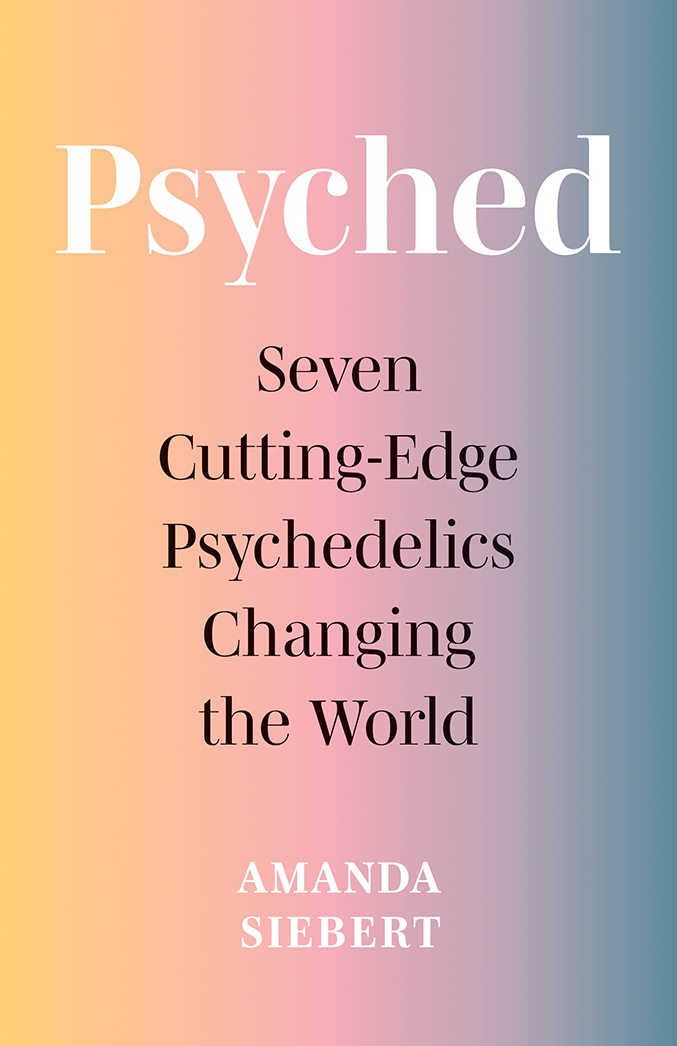EXERPT:
Helene, a respected and widely recognized advocate for plant medicines and their keepers, has also had several experiences with ayahuasca, and says that while it’s understandable people might have some fear of the nausea and purging from drinking it, these things are all part of the healing process.
“It’s this cultural idea of not wanting to drink something ‘nasty’ and puke into a bucket, but that’s part of the tradition of the medicine,” she says. “I have had so many experiences personally where I puked up some things that I needed to leave behind in that bucket, things that had to leave my psyche so I could heal them.” The lack of purging and the shorter duration associated with DMT might appeal to some people, Helene notes, but she considers DMT just one part of something that is much better experienced holistically.
“You know the phrase ‘An apple a day keeps the doctor away’? It’s the whole apple. It’s not just the skin, or just the tasty part—it’s all of the above,” she says. “It’s the set and setting. It’s the agreement you make with yourself to suspend disbelief, and with others who are participating. It’s releasing judgment, it’s your intention, and it’s the dieta [diet] you do to prepare,” she adds, emphasizing that the latter—a pre-ceremony ritual involving a vegetarian diet with no sugar, spices, oils, alcohol, fermented foods, or sex—is about preparing not just the body but the psyche. It’s important, she says, to watch what you put into your mind before you consume ayahuasca. “You’re not necessarily going to get all of that with DMT. I’m not saying that it’s bad; it’s just completely different. Plus, the longer ride with ayahuasca gives you much more time to investigate.”
Psychedelics including psilocybin, MDMA, ketamine, ayahuasca and peyote are poised to revolutionize mental health and alter the wellness industry forever.
Once feared and misunderstood, psychedelics have emerged as one of the most promising therapies of the 21st century. Through cutting-edge research, substances such as MDMA and LSD are being recognized as powerful keys to healing and human improvement, offering solutions for mental health issues including PTSD and depression. Similarly, plant medicines like ayahuasca, peyote, and iboga, used since time immemorial by Indigenous cultures for spiritual purposes, have been shown to promote feelings of empathy, connection, and love for the self, others, and the world around us.
But how can everyday people benefit from psychedelics? And will they really transform healthcare as we know it?
In Psyched, health journalist Amanda Siebert explores the history, culture, and potential of seven psychedelic substances. She interweaves real-life stories, clinical research, and interviews with the world’s leading psychedelics experts and cultural allies to offer a definitive guide to these cutting-edge treatments.
(Released on October 18, 2022)
